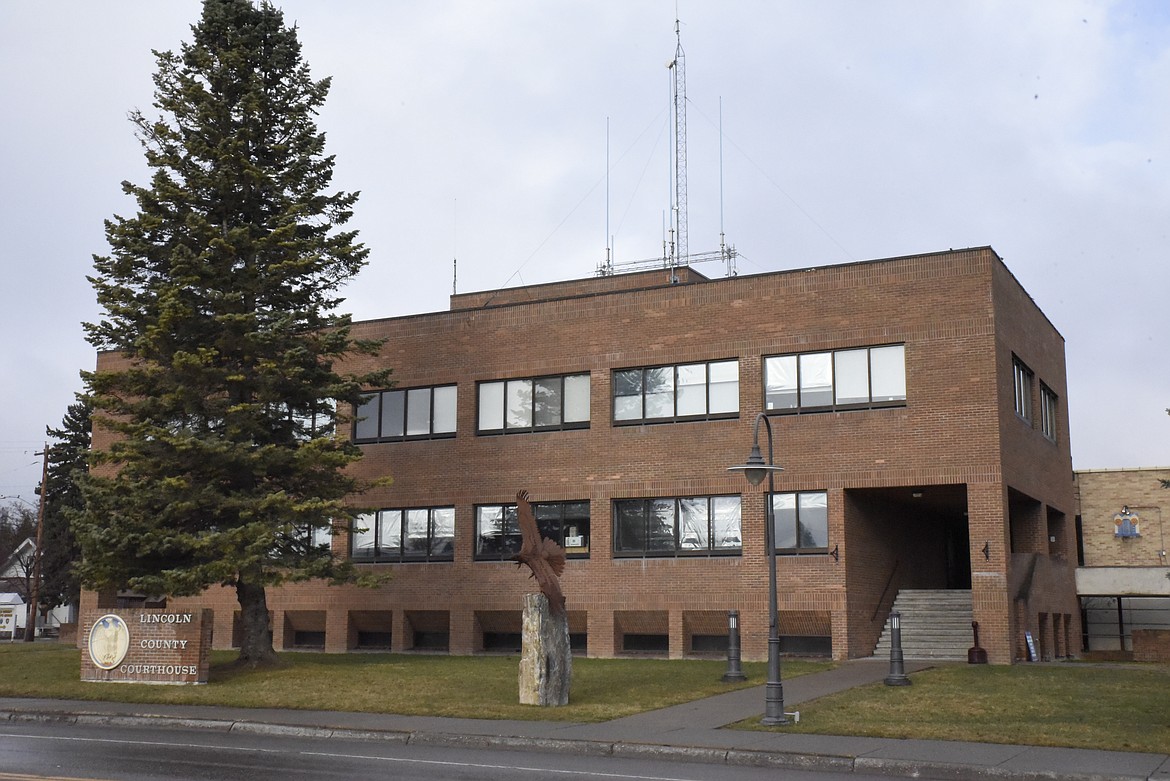Increasing number of deaths stretches coroner's office thin
An uptick in deaths in recent years spurred commissioners to bring on a fourth deputy coroner in the county.
The unanimous Jan...
Become a Subscriber!
You have read all of your free articles this month. Select a plan below to start your subscription today.
Already a subscriber? Login



